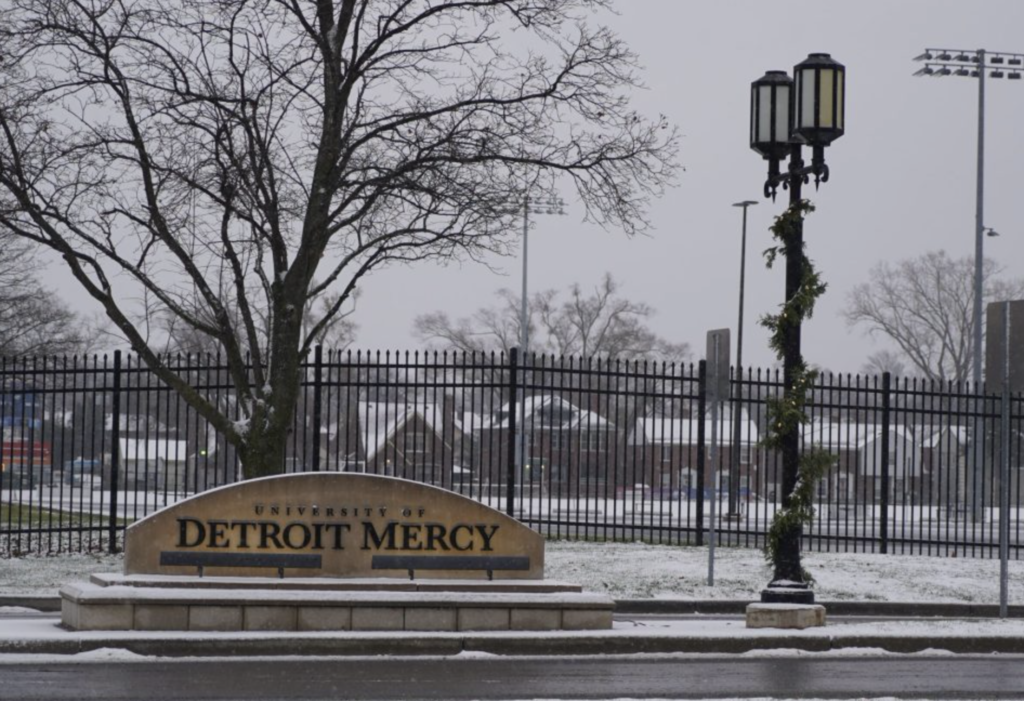
Nights on campus are common for many students, whether they are studying for exams, working on group projects or participating in evening activities. However, a challenge that often arises at these late hours is the lack of accessible and safe dining options nearby. This problem affects the physical well-being of students, their academic performance and campus experience.
Universities across the globe have made significant strides in enhancing their dining services to accommodate the diverse needs and schedules of their student population. However, late-night dining options remain limited on many campuses. While some universities may have dining halls or fast-food outlets that operate into the evening, the choices become scarce past a certain hour, leaving students with few options to satisfy their hunger.
One of the biggest concerns with the lack of late-night dining options is safety. Many students are hesitant to venture off Detroit Mercy’s campus in search of food late at night, especially if they do not have reliable transportation. This leaves them with limited options, and they often turn to unhealthy snacks purchased from vending machines or endure hunger until morning. By expanding late-night dining options on campus, universities can address these safety concerns and provide students with a safe environment to satisfy their hunger.
Additionally, late-night dining options play a crucial role in promoting a sense of community and belonging on campus. Beyond simply filling the stomach, these eating spaces serve as social hubs where students can relax, connect with their peers, and form relationships outside of the classroom. Late-night study sessions often turn into impromptu gatherings around a shared meal and creating lasting memories for students.
Detroit Mercy could explore partnerships with local vendors or food trucks to diversify late-night dining offerings. These collaborations not only expand the culinary options available to students, but also support local businesses and contribute to the vibrancy of campus life. Implementing mobile ordering platforms or extending the operating hours of existing restaurants can also improve accessibility and convenience for students, especially during peak study hours or exam periods.
Safety measures are critical to ensuring the success of late-night dining initiatives. Universities should prioritize well-lit, supervised dining spaces that are easily accessible to all students. Collaborating with campus security and implementing protocols for nighttime escort services can alleviate security concerns and give students peace of mind when traveling around campus after hours.
The need for more late-night dining options on campus goes beyond simple convenience; it’s about student well-being, safety and community development. By closing this service gap, universities can create a more inclusive and supportive environment that allows students to thrive academically, socially and personally. Investing in nighttime meals isn’t just about filling your stomach; it is about nurturing minds and fostering a university culture that values the comprehensive development of its students.
Through careful planning and collaboration, universities can ensure that no student goes hungry during late-night study sessions and that all students feel safe and supported on campus.




